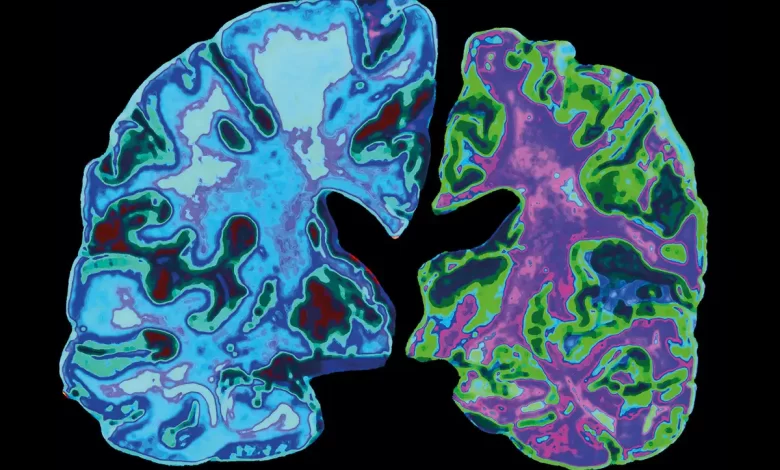What Are the First Signs of Alzheimer’s?

Alzheimer’s is a type of dementia that causes problems with memory, thinking, and behavior. In the early stages, people with Alzheimer’s may forget where they put things, or why they just came into a room. Over time, they may become confused about what’s happening around them and even have trouble speaking or walking.
The early stages of the disease can be very difficult to diagnose. Often, family and friends are the first to notice changes in the person with Alzheimer’s.
The following are some common early Alzheimer’s symptoms:
Memory Problems

People with Alzheimer’s disease often experience problems with memory, which may include forgetting reccently learned information, forgetting important events or dates, or asking the same question over and over. This can be frustrating and embarrassing for both the person with Alzheimer’s and their loved ones. Remember that these problems are a result of the disease and not a sign of forgetfulness or stupidity.
Difficulty Concentrating or Completing Tasks
Early signs of Alzheimer’s disease may include difficulty concentrating on tasks or completing them. As Alzheimer’s progresses, individuals may struggle with more complex tasks and eventually may need total care memory care.
Misplacing Things
As we age, it’s common to misplace things from time to time. But if you’re constantly losing track of your keys, eyeglasses, or other important items, it could be a sign that you’re developing Alzheimer’s disease.
Changes in Mood or Behavior
Mood and behavior changes can be an early sign of Alzheimer’s disease. You may become more irritable, withdrawn, or depressed. You may also have difficulty with focus, concentration, or making decisions. These changes can happen gradually over time or suddenly.
Difficulty with Words or Language

One common sign of cognitive decline is difficulty with words or language. This may include forgetting the names of people or objects, or using the wrong word. Some people with cognitive decline find that they can’t follow conversations or keep up with what’s going on around them. They may have trouble understanding what others are saying or expressing themselves clearly. Others may find that they can’t read or write as well as they used to. They may make spelling mistakes, or have trouble finding the right words.
Problems With Movement or Balance
This may include stumbling, slowed movement, or poor coordination. As Alzheimer’s progresses, these symptoms may become more severe. It’s important to seek medical help if you experience any problems with movement or balance, as they may be a sign of Alzheimer’s.
Trouble thinking and problem solving
Difficulty thinking and problem solving can be caused by many different things, including physical or mental health problems, medication side effects, alcohol or drug abuse, or emotional difficulties. Alzheimer’s disease is just one possible cause of difficulty thinking and problem solving.
Poor Judgement
As people age, they can often experience changes in their ability to think and remember things. For some people, these changes may be signs of Alzheimer’s disease. Alzheimer’s is a type of dementia that affects the brain and results in a decline in thinking skills and memory. One of the earliest signs of Alzheimer’s is often when people start to exercise poor judgement. This can include things such as making bad financial decisions, driving when they shouldn’t, or becoming easily confused.
If you are experiencing any of these changes, it is important to see a doctor. Alzheimer’s disease is the most common form of dementia, and early diagnosis and treatment is essential for improving quality of life and prolonging independence.
There are various tests that can be performed to help determine whether or not someone has Alzheimer’s. These tests may include a physical exam, lab tests, brain scans, and neuropsychological tests. Once a diagnosis is made, treatment can begin. Treatment for Alzheimer’s usually includes a combination of medication, therapy, and lifestyle changes.
If you are worried that you or a loved one may be developing Alzheimer’s, it is important to see a doctor. Early diagnosis and treatment can help improve quality of life and prolong independence.






